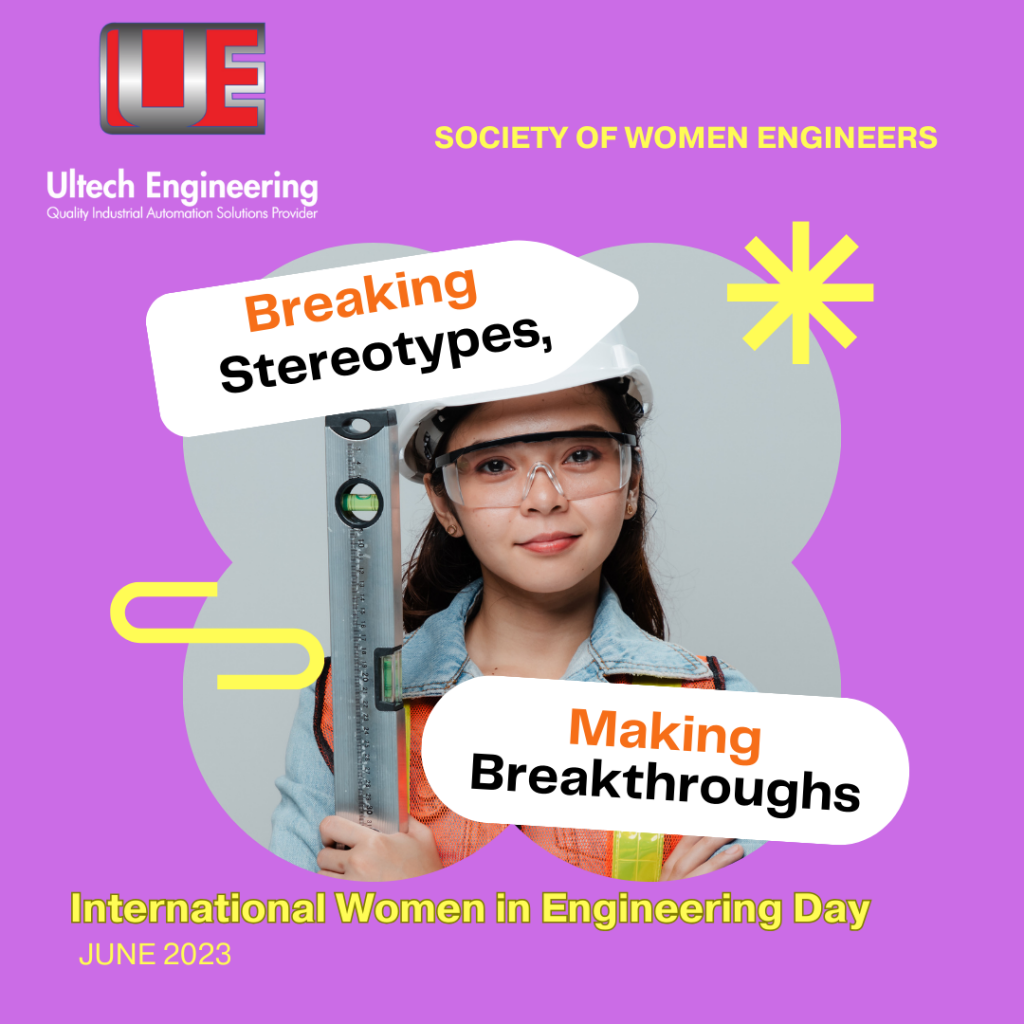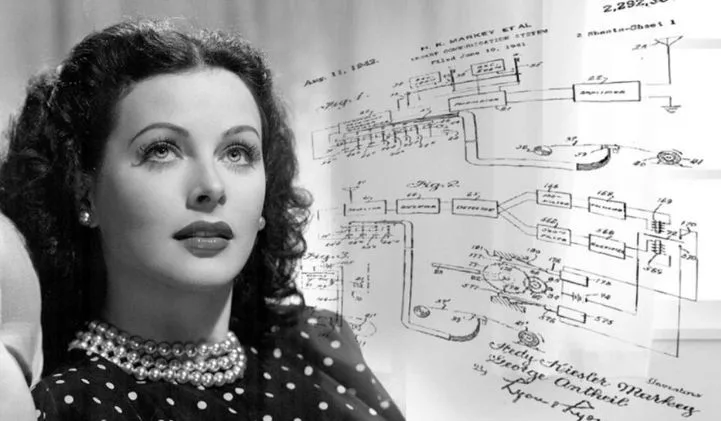

“Enhanced by Engineering" serves as the theme for International Women in Engineering Day in 2024, encapsulating the transformative power of women's contributions to the field. This year's celebration highlights the profound impact of women engineers on innovation, sustainability, and societal progress. As we commemorate their achievements on June 23rd, we recognize the pivotal role they play in shaping a brighter future through their ingenuity and expertise.

Ultech Engineering has approximately 40% of female employees with more than half of the women who are in departments of engineering. Therefore, on International Women in Engineering Day, Ultech Engineering extends heartfelt appreciation to the remarkable female engineers who have made invaluable contributions to our company and industry. Their dedication, innovation, and expertise have propelled us forward, shaping the future of engineering. We take pride in celebrating their achievements and commitment to excellence, recognizing the diverse perspectives and talents they bring to our team. While we honor their accomplishments today, we reaffirm our commitment to creating an inclusive and supportive environment where all engineers can thrive.
The inaugural International Women in Engineering Day took place on June 23, 2014, in the UK, initiated by the Women’s Engineering Society (WES) as part of its 95th anniversary celebration. Since its inception, the event has experienced significant growth, culminating in UNESCO patronage in 2016. In 2017, International Women in Engineering Day expanded internationally, driven by the enthusiasm and interest generated by participants worldwide in previous years. Serving as a global awareness campaign, the day aims to elevate the visibility of women in engineering and highlight the abundant career opportunities available to girls in this dynamic field. It honors the remarkable achievements of women engineers across the globe and seeks to foster the advancement of women within the engineering industry.

Credit: via Esilv Website
Edith Clarke, born in 1883, holds the distinction of being the pioneering female engineer. Utilizing the inheritance from her late parents, she pursued higher education in mathematics. Upon graduating, Clarke invented the Clarke calculator, a tool for graphing electrical properties, which replaced manual methods, significantly saving time and effort. Despite her remarkable talents, securing employment at General Electric proved challenging, requiring several attempts before she became the company's first female engineer.

Credit: via Engineering UCSC website
Elizabeth Bragg was the first woman to receive a degree in engineering from an American university. She attended the preparatory high school affiliated with the University of California at Berkeley. After completing her high school education there, she pursued civil engineering without paying heed to those who believed she didn't belong in the field because of her gender. In 1876, she graduated from the College of Civil Engineering with her Senior Thesis titled "A Solution of a Peculiar Problem of Surveying

Credit: via Engineering for Kids Website
History recognizes Mary as the first individual to utilize a computer in their residence. Her journey commenced shortly after her graduation from Wellesley College in 1959, whereupon she engaged with early computing systems at the MIT Lincoln Laboratory. Her involvement in this work ultimately led to her designing the software for the LINC (Laboratory Instrument Computer). Additionally, Mary is acknowledged for her contribution to crafting the console for the LINC. As a trailblazing woman in the field of technology, Mary's endeavors laid the groundwork for the development of contemporary home computers.

Credit: via Esilv Website
Ada Lovelace, born in the 19th century, was the first to envision the Analytical Engine's potential as a precursor to modern computers. As a mathematician, she is credited as the earliest computer programmer, predating the invention of the computer by over a century. Despite being the legitimate child of Lord Byron, she faced rejection from her father at just five weeks old. Subsequently, her mother steered her away from artistic pursuits and encouraged her to focus on mathematics and logic.

Credit: via Esilv Website
Hedy Lamarr, celebrated as both a captivating actress and a brilliant female inventor, developed a method to encrypt signals, safeguarding sensitive information from enemy spies. Her innovative contributions were instrumental in shaping modern wireless communication. Despite her captivating beauty, Lamarr ardently advocated for the recognition of her intellectual prowess. Initially overlooked in the engineering community, she demonstrated her ingenuity during WWII by inventing a method for command signals to evade interception by hopping across different radio frequencies. Despite the Navy's initial reluctance to adopt her invention, it eventually became the foundation for technologies like Wi-Fi and Bluetooth.

On International Women in Engineering Day, we celebrate the invaluable contributions of women engineers and their transformative impact on society. Under the theme "Enhanced by Engineering," we recognize their role as catalysts for innovation, sustainability, and social change. In 2024, we celebrate their achievements, honor their contributions, and reaffirm our commitment to creating a more inclusive and equitable future for all engineers, regardless of gender. As we honor their achievements, let us reaffirm our commitment to supporting and empowering women in engineering, ensuring their voices continue to shape a more inclusive, resilient, and prosperous future for all.


